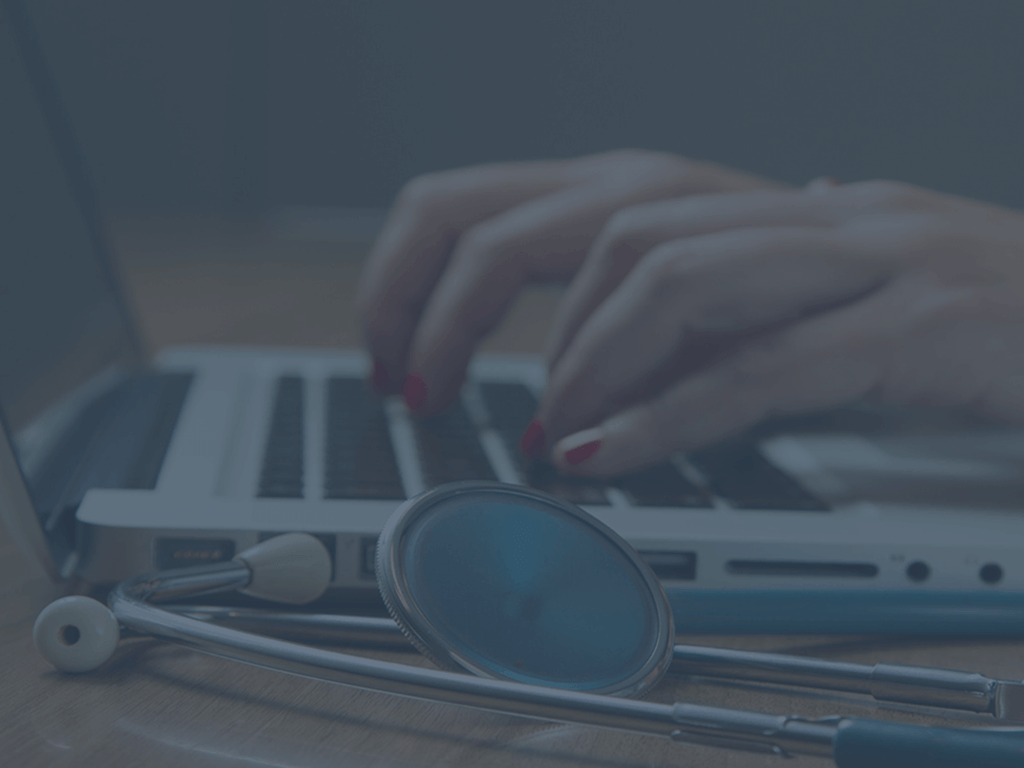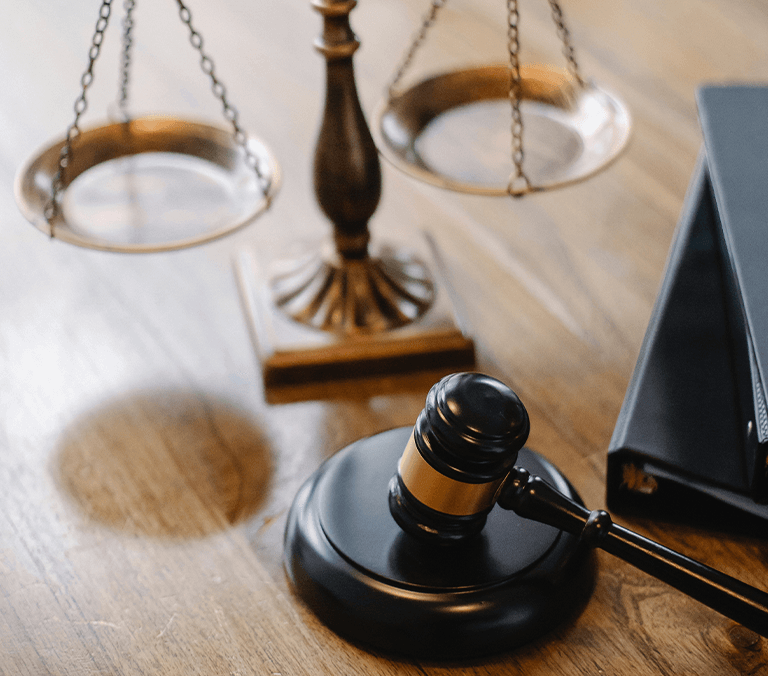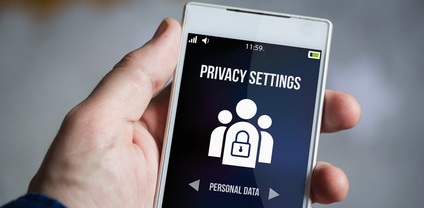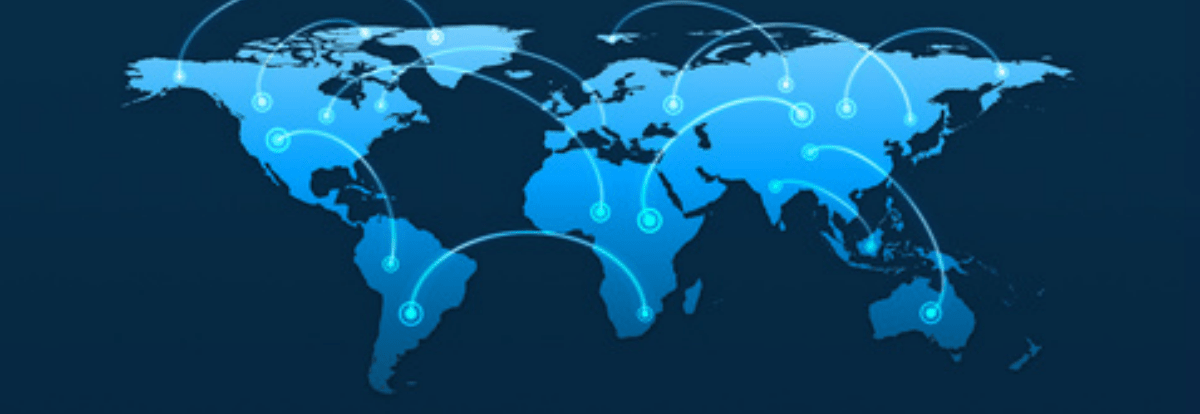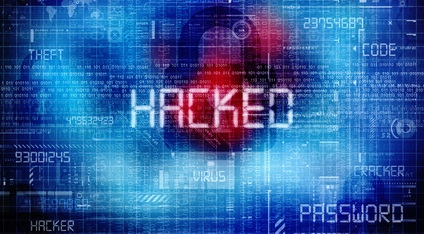Councils hold extensive private information about their residents, all of which they have a duty to protect against unauthorised access and data leaks. Unfortunately, there are local authorities that fail to observe their data protection duties and, in some cases, this can lead to an online council data leak.
Unfortunately, recent reports on the hundreds of data breaches suffered by local authorities in the past year or so suggests that they remain under-resourced when it comes to cybersecurity, a deficiency that may be contributing to the high numbers of council data breaches taking place. However, there have also been a number of human error incidents at local councils in which the errors of employees have caused data to be leaked online.
When the negligence of a third-party data controller causes information to be leaked or compromised, those affected may have a right to claim compensation for a data protection breach. Local councils have a responsibility to their residents and should, therefore, be held accountable when they put data security at risk.
Read More


